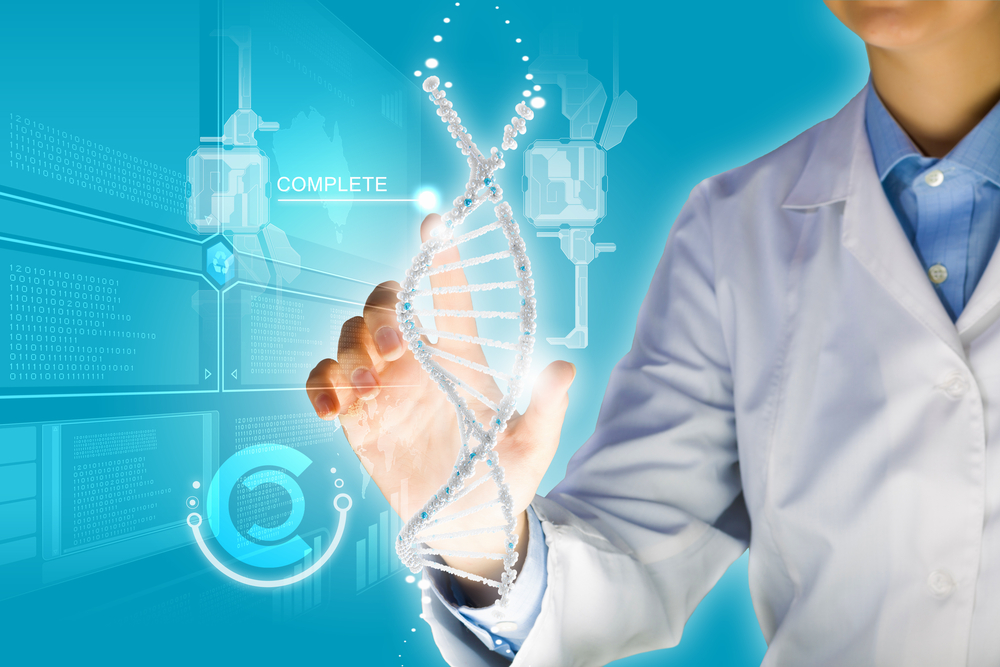 PharmaCyte Biotech, Inc., a clinical stage firm developing targeted treatments to address diabetes and cancer through Cell-in-a-Box®, its own encapsulation technology for live-cells, recently reported that the company’s partner, the University of Technology Sydney (UTS), published an article in Nature concerning both gene and cell therapies to address the disease. The publication is titled “The use of β-cell transcription factors in engineering artificial β cells from non-pancreatic tissue,” and is authored by Professor Ann M. Simpson.
PharmaCyte Biotech, Inc., a clinical stage firm developing targeted treatments to address diabetes and cancer through Cell-in-a-Box®, its own encapsulation technology for live-cells, recently reported that the company’s partner, the University of Technology Sydney (UTS), published an article in Nature concerning both gene and cell therapies to address the disease. The publication is titled “The use of β-cell transcription factors in engineering artificial β cells from non-pancreatic tissue,” and is authored by Professor Ann M. Simpson.
The article describes the potential of gene and cell therapies in addressing type 1 diabetes through genetic engineering and its application in non-pancreatic cells to provide them with the ability to produce insulin for better blood sugar control. These genetic augmentations and modifications of non-pancreatic cells is intended to produce “artificial” β insulin-producing cells that are able to respond to glucose, imitating the pancreatic β cells’ role in non-diabetic individuals.
Professor Simpson and her research group, by using the technology described and discussed in their paper, have furthered the Melligen cell line — a human non-pancreatic cell line produced from liver cells that is genetically modified to produce and store insulin, to be secreted in concordance with the levels of glucose in the human body.
The Melligen cell line is now undergoing its first evaluation to assess its utility in treating diabetes using PharmaCyte Biotech’s Cell-in-a-Box® technology. This is the first of several pre-clinical studies that will be carried out by the company’s Diabetes Consortium.
“We are delighted by this important publication from one of the key members of our international Diabetes Consortium. Prof. Simpson is a world-renowned scientist in the field of diabetes and, as this publication shows, is at the forefront of research into finding a cure for this disease,” said the PharmaCyte Biotech’s CEO, Kenneth L. Waggoner.
Notes About Cell-in-a-Box®
The PharmaCyte Biotech company has its own proprietary cellulose-based live cell encapsulation technology, the Cell-in-a-Box®. It is a patented and unique technology that can be used as a platform to support treatments for many types of cancer, such as advanced and inoperable pancreatic cancer, and diabetes.


